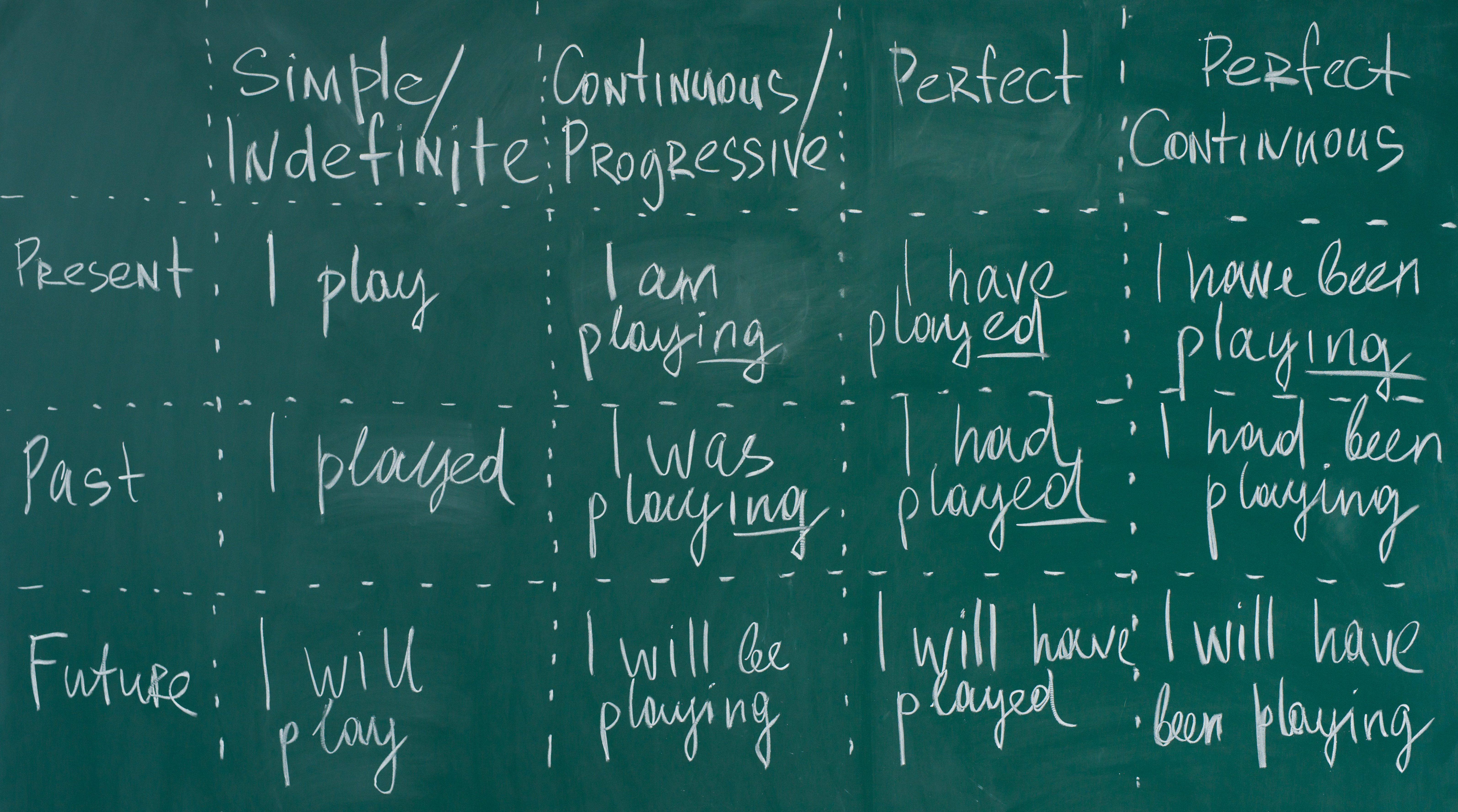Für Master Wirtschaftsingenieurwesen 3. Semester Teil Investition. Teil Finanzierung bei Herrn Prof. Dr. Jasny.
campUAS
Suchergebnisse: 2052

"Plätze = Schätze"?
Kraft-Orte oder Un-Orte?
Untersuchungs- und Präsentationsobjekt in diesem Semester sind "Plätze".
Was aber ist ein "Platz"? Sind "Plätze=Schätze"?
Historisch könnte man Plätze den Allmenden zuordnen. Dies waren größere in der Regel unüberbaute Flächen (=Grundstücke), die in der Regel
öffentlich zugänglich waren - und heute noch sind - und der Aufgabenerfüllung öffentlicher Funktionen
dienen wie Markt, Spiel, Erholung, Vergnügen, Musik, Arbeit... Die städtebauliche Ausweisung dieser Flächen
erfolgte meist unbewusst, zum Beispiel weil spezielle Grundeigentumsverhältnisse hierfür ursächlich waren. In diesem Modul geht es im WS 22/23 um eine transdisziplinäre Untersuchung ausgesuchter Plätze in der Region hinsichtlich politischer, soziologischer und planerisch-rechtlicher Aspekte.
Welchen Wert hat ein Platz? Muss dies immer ein ökonomischer Grundstückswert sein, oder können wir einem Platz auch einen sozialen und (kommunal-)politischen Wert zuweisen? Lässt sich dieser Wert ökonomisch oder auf andere Art bemessen? Welche Auswirkungen hat ein Platz mit einer hohen Aufenthalts- und Freizeitqualität auf die umliegenden Immobilien- und Bodenwerte? Oder hindert ein Platz vielleicht eher eine sinnvolle (Stadt-)Planung und müsste besser heute als morgen beseitigt und durch etwas Anderes ersetzt werden? Welche Nutzung wäre stattdessen sinnvoll?

And, and, and ... but, but, but ...
Using the same words over and
over again leads to awkward and repetitive writing. In this workshop, we'll take a look at a variety of words and phrases that
you can use to improve your academic writing, with a particular focus on
linking words.

There's more to British and American English than just "football" vs.
"soccer"! This workshop looks at the main differences between the two
English variants, with a focus on spelling differences.

In this mini-workshop, we will take a look at the characteristics of
academic English. We will focus on the most important dos and don'ts of
writing English for academic purposes based on good and bad examples.

I have seen him yesterday? In this mini-workshop, we’ll take a look at a
variety of common errors that learners of English make, with a
particular focus on German learners of English.

Giving advice is a common part of our roles at the university. This can
include giving advice about courses, exams, or even about the best place
to go for lunch between lectures! This mini-workshop looks at how to
give advice in English, with a focus on useful phrases which can be used
in many situations.

This course focuses on practical usages of grammar for advanced learners. It is aimed at those who have a good command of the English language who are looking for the opportunity to review and revise specific grammatical aspects with a practical link to their work at the university. We will deal with a variety of topics which often cause problems for learners of English, including the tenses, and you will have the opportunity to request topics you would like to look at.

In this short course, we will look at many useful words and phrases for presenting in English. Topics will include structuring your talk, using media and visuals and talking about facts and figures.

Small talk is great for breaking the ice when you first meet somebody
and it can also help fill an awkward silence. This workshop gives a few
hints and tips on how to small talk in English, including useful phrases
and common topics.

This mini-workshop takes a look at some useful words and phrases
(so-called "signpost language") that can be used when giving a
presentation in English. Participants will get the opportunity to
practise these phrases in small groups.

Which greeting can you use when? What should you watch out for when
writing a formal email compared to an informal email? This workshop
provides a brief overview of the key points when it comes to writing an
email in English.



